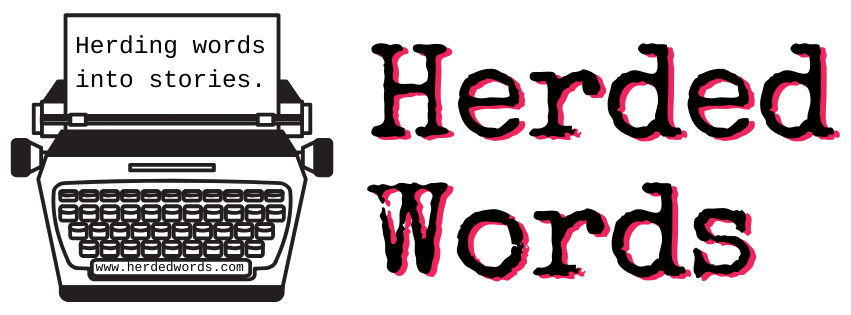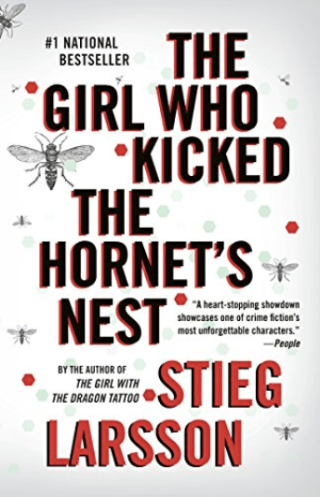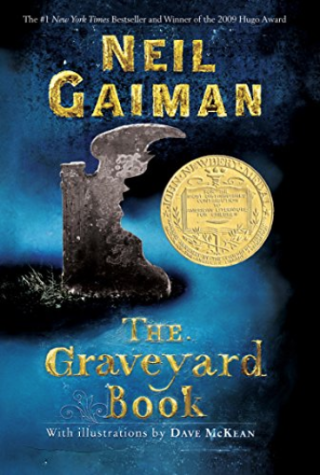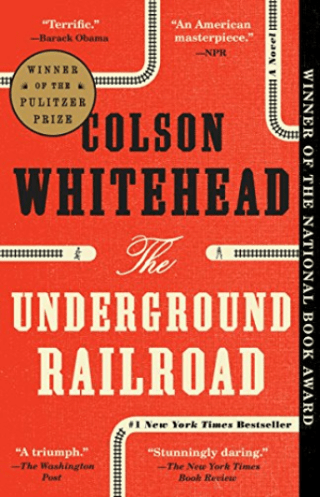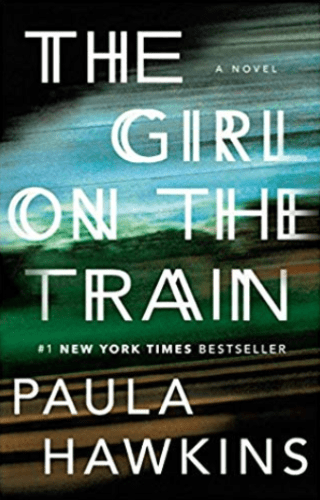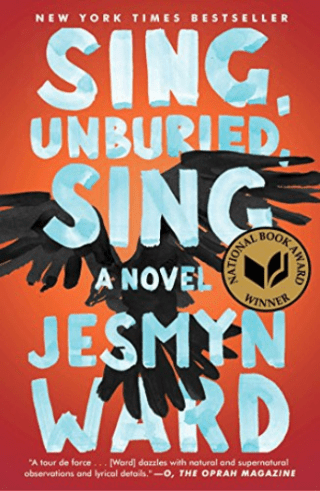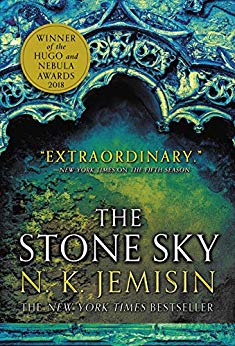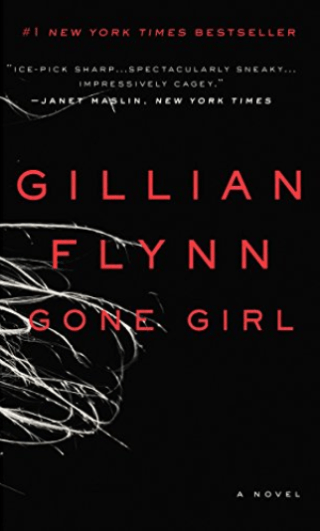
Listen to this post
Herdedwords.com uses affiliate links. This means we receive a commission on the sale of certain items. This is at NO additional cost to you. Visit the policies page to learn more.
There are a lot of decisions to make when it comes to writing a story. One of the biggest is choosing a tense – past tense vs present tense.
Which tense you write in will affect your story from start to finish.
Today we’ll do a comparison of past tense vs present tense.
Table of Contents
Past Tense vs Present Tense Review
Present and Past tense each have 4 tenses – simple, progressive, perfect, and perfect progressive.
| PAST tense | PRESENT tense | |
| SIMPLE | John wanted to be a writer. | Jane wants to be a writer. |
| PROGRESSIVE | He was always writing in his journal. | She is always writing in her journal. |
| PERFECT | John had begun to write his first novel in November. | Jane has begun to write her first novel. |
| PERFECT PROGRESSIVE | He had been writing his novel for 2 months before he finished. | She has been writing her novel for the last 2 months. |
Note: there is a third tense (future) but it’s almost never used as the overall tense of a work of fiction.
Past Tense vs Present Tense Pros & Cons
Past Tense
✓ Most stories are told in the past tense
Not just written stories, oral stories are told in the past tense too. People usually hear stories this way – it’s normal. Not just for readers, but writers as well.
✓ Publisher requirements
It’s not uncommon for publishers to have present tense novels rewritten into the past tense. That’s assuming they’ll accept it at all, some might see the present tense as a reason for rejection.
✓ The past tense is easier to read and write
Past tense is the natural manner we use to share stories. It’s the same as telling something that really happened in the past. It’s easy for writers to write their stories this way, too.
✓ The past tense keeps readers immersed in the story
The past tense keeps readers from being aware of the narrator. The more aware of the narrator a reader is, the less immersed in the story they are.
⁃ The past tense lacks action and immediacy
The past tense tends to be more reflective, which can be a lot slower to read. Since everything has already happened, there’s no urgent reason to keep reading. What’s done is done, after all.
⁃ The past tense makes it harder to establish a connection with the reader
It’s harder to write in an active voice. A passive narrator won’t have as much connection with a reader as an active one would.
⁃ Not Enough Showing (too much Telling)
Events in the novel have already happened. So, it’s easy to slip into telling the reader how events unfolded instead of showing them. Not good. A novel needs both show and tell to work.
Past Tense Examples
Present Tense
✓ Immediate & Full of Action
Everything is happening RIGHT NOW! This makes it easier to hook the reader into the story and keep those pages turning.
✓ Fast reader connection
A bond can be created between the reader and characters easily using the present tense. The story unfolds for the reader and characters together, simultaneously. So, they experience tensions, romance, problems, etc., together.
✓ Strong character development
Present tense can really give you the chance to peek deep into your character. Combined with a 1st person point of view you can give readers a unique, in-depth view of the character.
⁃ Where’s the action?
If there’s not enough action to sustain the present tense, you can end up boring the reader. It’s easy to get caught up writing about a character’s daily life – often too much so in present tense. Long bits of dressing, eating, commuting, etc., can make the present tense is dull.
⁃ More mistakes
The present tense does not come naturally to most writers. It’s common to revert back to writing in the past tense without realizing it. This can leave a manuscript littered with tense errors.
⁃ Harder to add backstory & exposition
Present tense is all NOW. Current. What’s happening?! This can make backstory and exposition jarring to the reader, taking them out of the present moment.
Present Tense Examples
Past Tense vs Present Tense vs Both?
Maybe, you don’t have to choose. Maybe, You can try to use both.
There are novels that successfully use both past and present tense, BUT it’s not common practice to do so.
Example: GONE GIRL
GONE GIRL, published in 2012, is a mystery, thriller & suspense novel by Gillian Flynn. The movie was released in 2014.
GONE GIRL spent 8 weeks at #1 on the NYT Bestseller List. It’s estimated the novel sold more than 15 million copies worldwide by 2016.
GONE GIRL is written in both past and present tense.
The entire novel is written in the first person, from either Amy or Nick’s point of view.
Nick tells his story in the past tense. Amy tells hers in the present tense.
I waited for the police first in the kitchen, but the acrid smell of the burnt teakettle was curling up in the back of my throat, underscoring my need to retch, so I drifted out on the front porch, sat on the top stair, and willed myself to be calm.
– Nick Dunne
I am fat with love! Husky with ardor! Morbidly obese with devotion! A happy, busy bumblebee of marital enthusiasm.
– Amy Elliott, diary entry

Writing Practice
Today we’re going to compare the exercises from Past Tense and Present Tense. If you haven’t completed these, check those posts out!
Think critically about your work. What works better? What improvements could be made?
Exercise: Past Tense vs Present Tense Comparison
Compare your Exercises #1 from PAST TENSE and from PRESENT TENSE
| Past Sample | Present Sample |
| The wolf watched Red with great interest._________. He thought to himself: ‘ | The wolf watches Red with great interest. _________. He thinks to himself: ‘ |
Compare the two.
- Give both versions a quick edit for verb tenses.
- Which version contains more mistakes?
- Which version do you prefer reading?
- Why do you think that is?
- Which version did you find it easier to write?
- Again, why do you think that is?
Exercise: Compare Past Tense vs Present Tense
Compare your Exercises #2 from PAST TENSE and from PRESENT TENSE
| Past Sample | Present Sample |
| The wolf lifted the latch, the door sprang open, and without saying a word he went straight to the grandmother’s bed | The wolf lifts the latch, the door springs open, and without saying a word he goes straight to the grandmother’s bed |
Again, compare the two.
- Give both versions a quick edit for verb tenses.
- Which version contains more mistakes?
- Which version do you prefer reading?
- Why do you think that is?
- Which version did you find it easier to write?
- Again, why do you think that is?
Past Tense vs Present Tense: Which One for You?
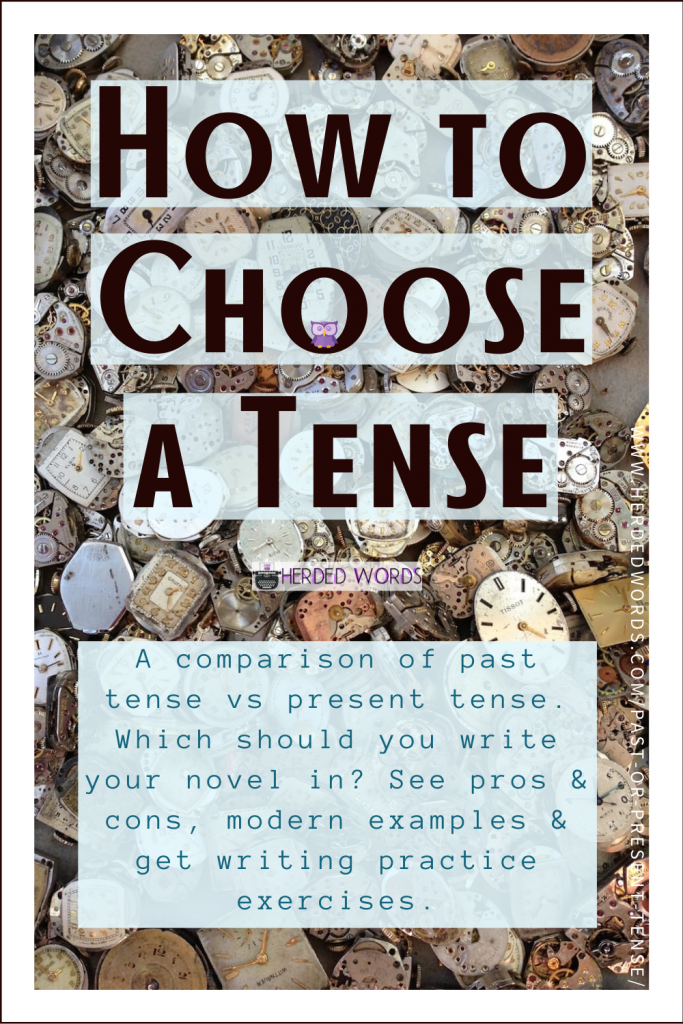
What do you think of past tense vs present tense?
Do you have a reading preference – why?
Do you have a writing preference – why?
Let me know in the comments!
Now that you’ve got a clear understanding of novel tense, you should make sure you understand point of view. Check out Writing a Story in First Point of View next.
Like this post? Please PIN IT and follow me on social media. Thanks!
